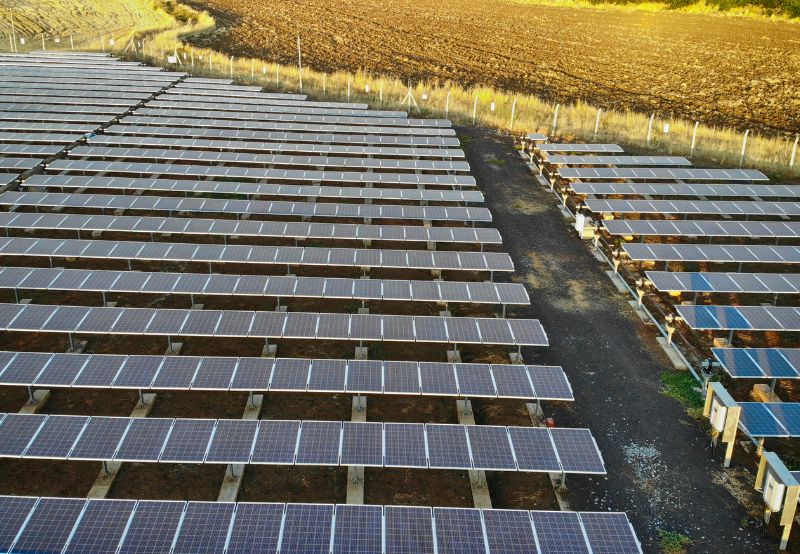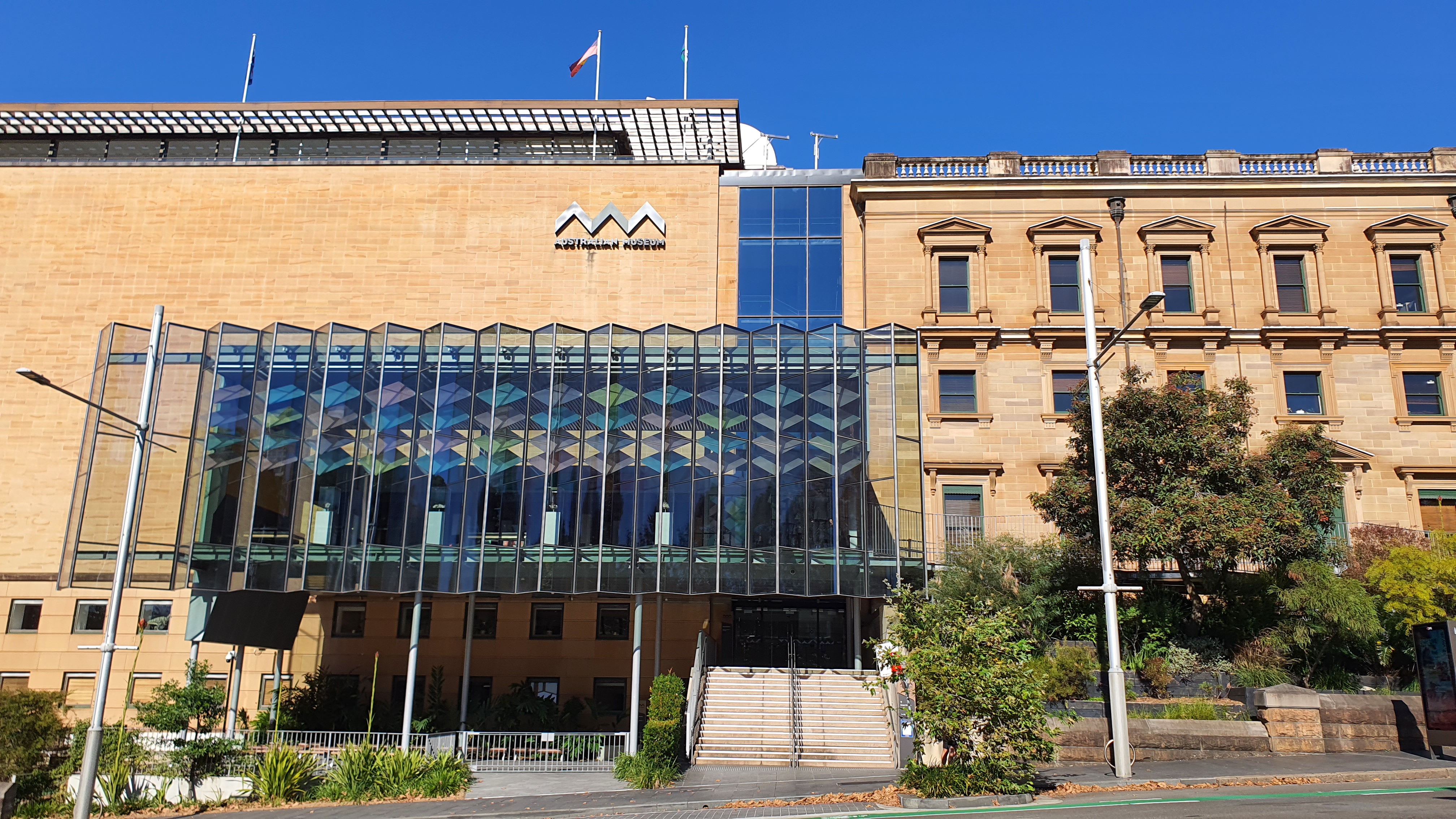The Master in African Innovation Leadership is a high-level training initiative aimed at strengthening local innovation ecosystems in sub-Saharan Africa (Cote d’Ivoire, Ethiopia, Ghana, Kenya, Senegal and Tanzania).
This programme focuses on three main objectives: promoting entrepreneurship among young generations, enhancing the capabilities of academic institutions, and developing multisectoral partnerships for innovation.
The programme is financially supported by the Italian Ministry of Foreign Affairs and International Cooperation. AIL is a 18-month programme, which will provide the ideal platform to harness your leadership skills, ignite your entrepreneurial spirit, and inspire and connect innovation actors. AIL Master has been designed to be delivered mainly online, plus 5 residential weeks in 18 months (3 in Italy, 2 in Africa).
The programme will start in April 2025 and will finish in October 2026.
The Master in African Innovation Leadership (AIL) is a fully funded, 18-month programme designed to empower young entrepreneurs and innovation leaders across Sub-Saharan Africa. Supported by the Italian Ministry of Foreign Affairs and International Cooperation (MAECI), and jointly organised by Politecnico di Milano and the E4Impact Foundation, this programme provides a platform for individuals who are eager to drive change, develop innovative solutions, and foster sustainable growth across the continent.
This transformative programme is open to young African entrepreneurs, academics, and professionals from select African countries who are passionate about contributing to their local innovation ecosystems and enhancing the future of African development.
Eligibility Criteria: Who Can Apply?
Contents
The AIL programme is designed for individuals from Côte D’Ivoire, Ethiopia, Ghana, Kenya, Senegal, and Tanzania. Eligible candidates must meet the following criteria:
- Young Entrepreneurs:
- Entrepreneurs from emerging African high-tech companies or startups who seek to enhance their skills in innovation and leadership.
- Innovation Ecosystem Managers:
- Professionals responsible for fostering innovation, including research & innovation managers, university professors, public and private sector executives, venture capitalists, lobbyists, and programme managers.
Education Level:
- Applicants should have a university degree or equivalent and a demonstrated interest or background in innovation, entrepreneurship, or related fields.
Other Requirements:
- Applicants should be committed to completing the 18-month programme while maintaining their professional commitments.
Programme Details: When, Where, How Long, Structure, and Fees
Programme Duration:
- 18 months starting in April 2025 and ending in October 2026.
Programme Format:
-
Hybrid Learning: The programme is a blend of online learning and residential weeks.
-
Online Learning (April 2025 – February 2026):
- 2 half-day online sessions per week (3-4 hours each).
- Flexible learning, allowing participants to balance their studies with work commitments.
-
Residential Weeks in Italy (November 2025):
- 3 fully funded weeks in Milan, Italy for immersive training with faculty and industry leaders.
-
Project Work (February – October 2026):
- Participants will undertake a practical project with academic mentorship, applying their learning to real-world challenges in their home countries.
-
Residential Weeks in Africa (Fall 2026):
- 2 fully funded weeks in an African country, exploring local innovation ecosystems and collaborating on projects.
-
Programme Focus:
- Innovation management
- Entrepreneurship
- Strategic business development
- Technology management
- Sustainable practices and social entrepreneurship
Programme Benefits:
- Fully Funded: All tuition fees are waived for selected participants.
- Financial Support: Participants receive funding for travel, accommodation, and meals during the residential periods in both Italy and Africa.
- Expert-Led Training: Learn from distinguished faculty members, innovation experts, and successful entrepreneurs.
- Networking Opportunities: Connect with fellow African entrepreneurs, professionals, and academic leaders from across the continent.
- Practical Experience: Engage in a hands-on project with mentorship from academic tutors.
- Impactful “Give-Back” Initiative: Graduates will mentor emerging innovation leaders, further fostering a culture of innovation.
How to Apply: Application Process
To apply for the Master in African Innovation Leadership (AIL), follow these steps:
-
Visit the official application portal
-
Review the application guidelines: Ensure you meet the eligibility criteria and understand the programme’s requirements.
-
Submit the application: Complete the application form, providing all necessary documentation, including your CV, academic transcripts, and any other required materials.
-
Prepare for interviews: Shortlisted candidates may be invited for an interview as part of the selection process.
Important Dates: Deadlines and Key Dates
- Application Opening Date: 15 February 2025
- Application Closing Date: 15 March 2025
- Start Date for Online Learning: April 2025
This is a unique, fully funded opportunity for young African entrepreneurs and innovation leaders to develop their leadership and entrepreneurial skills, making a lasting impact on Africa’s innovation landscape. If you are passionate about driving change and fostering sustainable development in your home country, the Master in African Innovation Leadership (AIL) is the perfect programme for you.
Don’t miss the chance to be part of a transformative journey that will elevate your career, expand your network, and give you the tools to create innovative solutions that address the challenges faced by Africa today. Apply now and become a leader in Africa’s innovation ecosystem.
For more information and to submit your application, visit the official programme website.
About African Innovation
African innovation is a dynamic and rapidly growing force that is transforming economies, societies, and industries across the continent. Unlike traditional notions of innovation that often focus on high-tech advancements, African innovation is characterized by its adaptability, ingenuity, and focus on solving local challenges. The continent’s innovation landscape is driven by a unique combination of necessity, entrepreneurship, and digital transformation, creating solutions that address issues in healthcare, agriculture, finance, education, and infrastructure. Despite facing significant barriers such as limited funding, inadequate infrastructure, and policy constraints, African innovators continue to develop groundbreaking solutions that improve lives and drive economic development.
One of the most remarkable aspects of African innovation is its strong focus on mobile technology. With limited access to traditional banking and financial institutions, Africa has become a global leader in mobile money solutions. Platforms like M-Pesa in Kenya and Tanzania have revolutionized financial inclusion, allowing millions of people to conduct transactions, save money, and access credit using their mobile phones. These innovations have extended beyond financial services, influencing sectors such as agriculture and healthcare. For instance, mobile-based platforms like Hello Tractor help small-scale farmers access mechanization services, while telemedicine solutions provide remote healthcare consultations in underserved areas.
Agricultural innovation is another critical area where African ingenuity is making a significant impact. With agriculture being a key economic sector for many African nations, innovators are leveraging technology to improve productivity and sustainability. Precision farming techniques, climate-smart agriculture, and digital platforms that connect farmers to markets are helping to enhance food security and increase incomes. Initiatives like iCow in Kenya, which provides farmers with real-time information on livestock management, and FarmCrowdy in Nigeria, which connects investors with small-scale farmers, showcase how innovation is addressing challenges in food production and distribution.
African innovation is also reshaping education by leveraging digital tools to increase access to quality learning. E-learning platforms like Eneza Education in Kenya and uLesson in Nigeria are bridging gaps in traditional education by offering interactive and affordable learning solutions. These platforms are particularly beneficial in rural areas where access to schools and qualified teachers is limited. Furthermore, tech hubs and incubators across the continent, such as Andela, MEST, and CcHub, are equipping young Africans with digital skills and fostering a new generation of entrepreneurs who are driving technological advancement.
Despite these successes, African innovation still faces challenges that need to be addressed to sustain growth. Access to funding remains a significant hurdle for startups and entrepreneurs, with many struggling to secure investment for scaling their ideas. Governments and private sector players are increasingly recognizing the need to create a supportive environment through policies that encourage investment, research, and development. Additionally, improving digital infrastructure, expanding internet connectivity, and strengthening intellectual property laws are crucial for fostering a more robust innovation ecosystem.
African innovation is a powerful force for economic and social transformation. Driven by necessity and an entrepreneurial spirit, African innovators are developing solutions that address pressing challenges in finance, agriculture, healthcare, education, and beyond. While barriers remain, the continent’s growing digital revolution, increasing investments in technology, and the rise of innovation hubs signal a bright future for African-led solutions that will continue to shape global markets and inspire the world.
A4_Master-African-Innovation-Leadership_13-02-25



